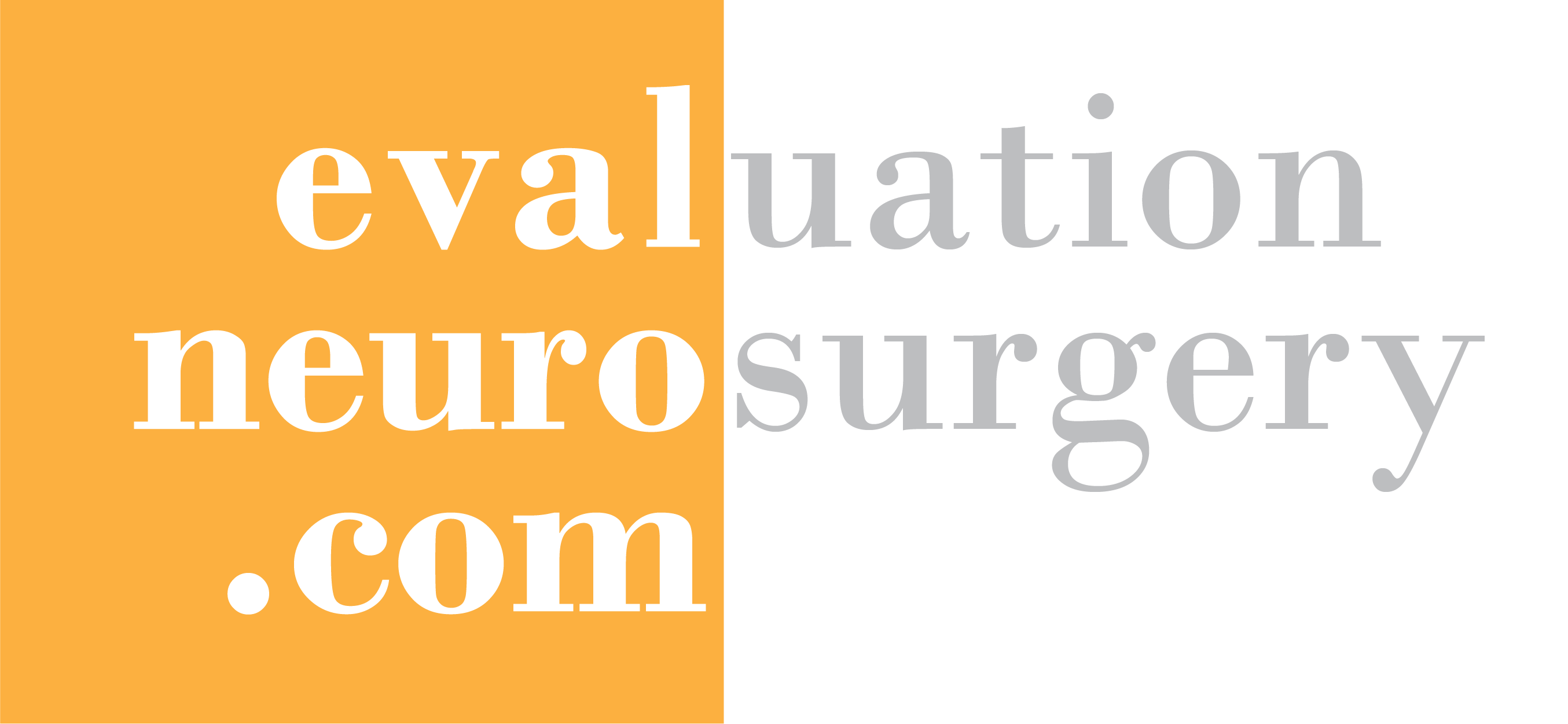Children’s health problems, including neurosurgical issues, are often different from those of adults. Although neurosurgical training guidelines require trainees to become very familiar with those problems, most neurosurgeons focus on problems that mostly affect adults. Some neurosurgeons add a 1-year fellowship in pediatric neurosurgery to their residency experience. Pediatric neurosurgeons are often employed by larger or university-based neurosurgical group practices or pediatric specialty hospitals.
Pediatric neurological and neurosurgical problems
- Hydrocephalus (an enlargement of the fluid-filled cavities inside the brain) can develop in children, particularly those who were born prematurely, and may require a surgical procedure to continuously drain the excess fluid to avoid increased pressure on and damage to brain tissue. Because brain fluid is produced continuously, the continued functioning of any shunt device or other fluid diversion device is critical. If a blockage occurs or if the implanted hardware malfunctions, the child needs to be seen seen by the pediatric neurosurgeon .
- Brain and spinal cord tumors can occur at any age and are fortunately very rare. Pediatric brain tumors are often different from adult brain tumors and require special expertise. Because these conditions are so rare, most people believe that it is best for the child to be treated in a pediatric hospital or larger university-based institution with a pediatric neurosurgery department.
- Skull deformities can occur in early childhood due to the premature closure of the soft spots and growth lines of the skull. Pressure on the brain may result, and the appearance of the head may not be cosmetically pleasing. In an infant with a congenital head deformity (craniosynostosis), a surgery that remodels the skull is often very helpful in providing enough space for the growing brain and restoring a cosmetically pleasing head shape.
- Pediatric neurosurgeons and other medical specialists also treat deformities at the junction of the skull and the cervical spine in the upper neck (Chiari malformation), vascular abnormalities (including Moya Moya disease, a condition that can lead to strokes), spina bifida (incomplete development of the spinal cord), and other conditions.
OFFICE HOURS
| Monday – Friday | 8:30 – 4:30 |
| Saturday | closed |
| Sunday | closed |


